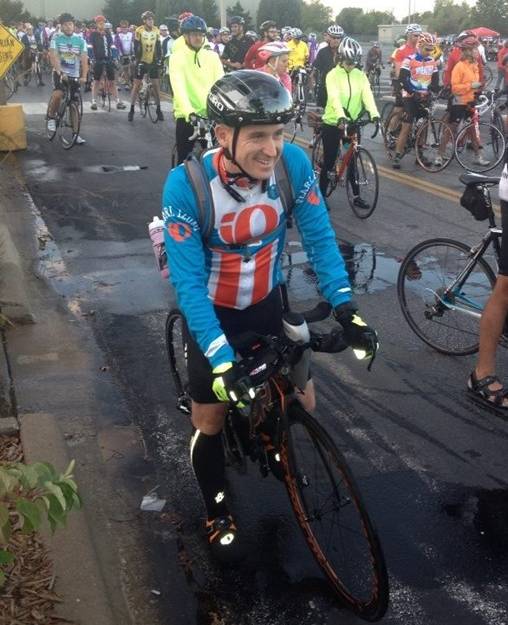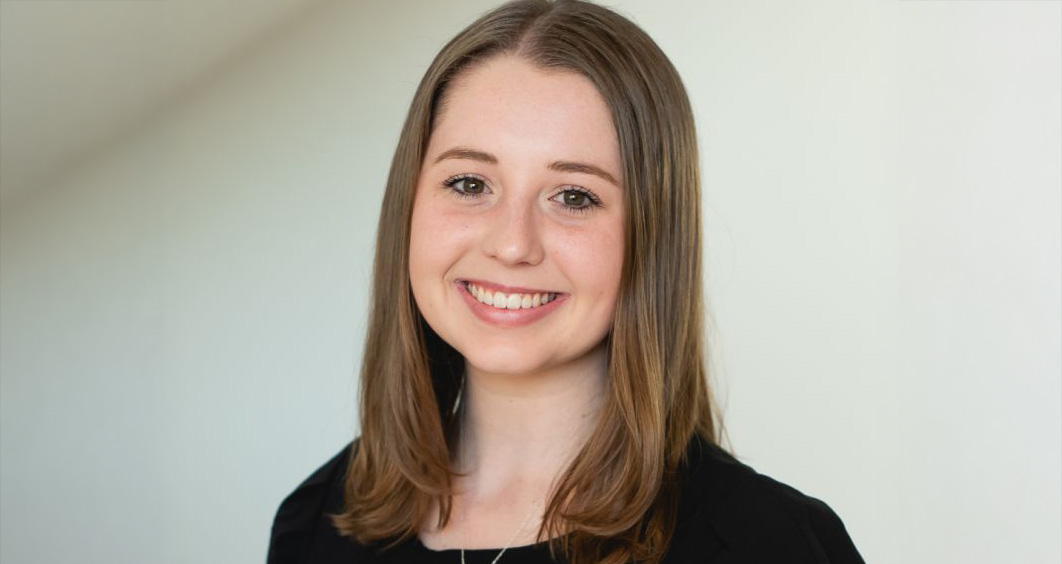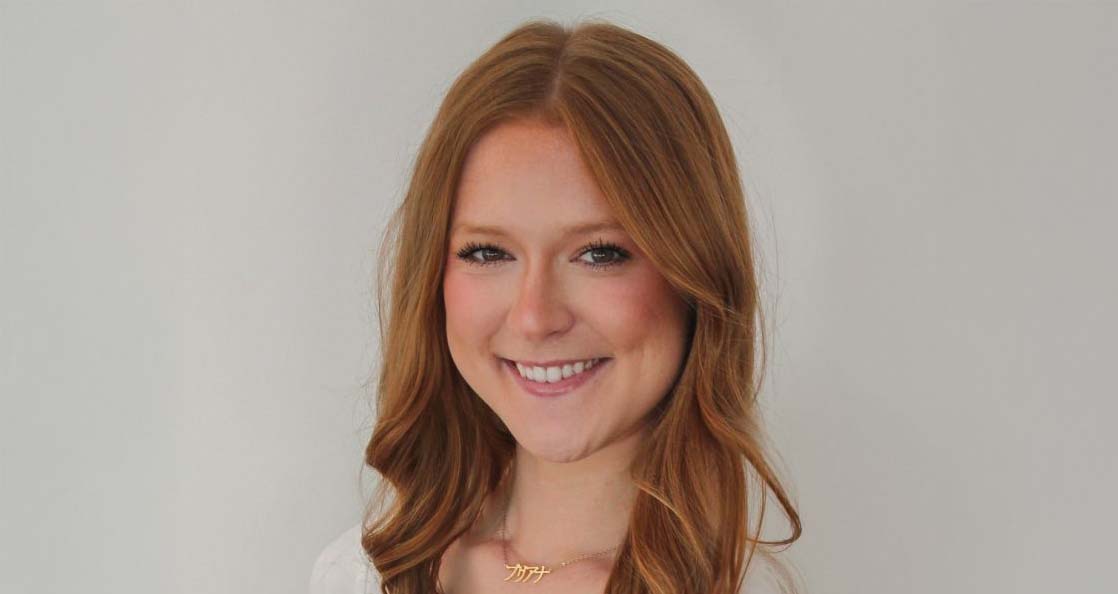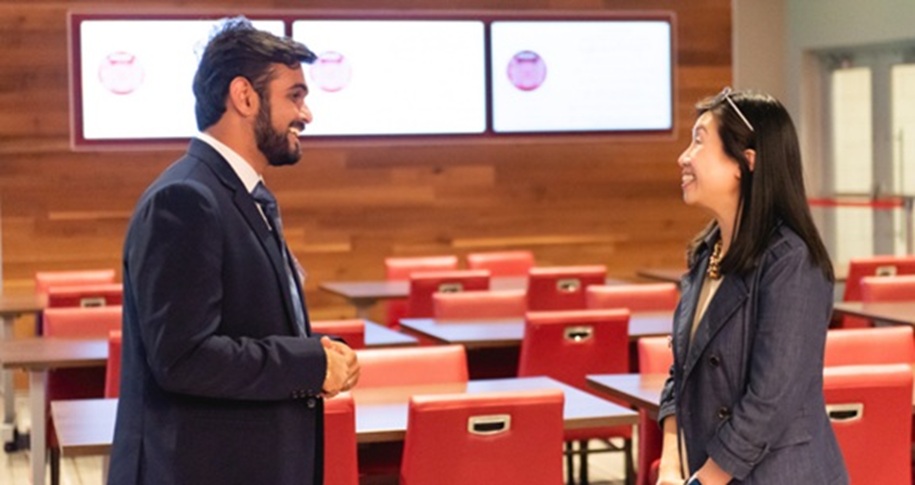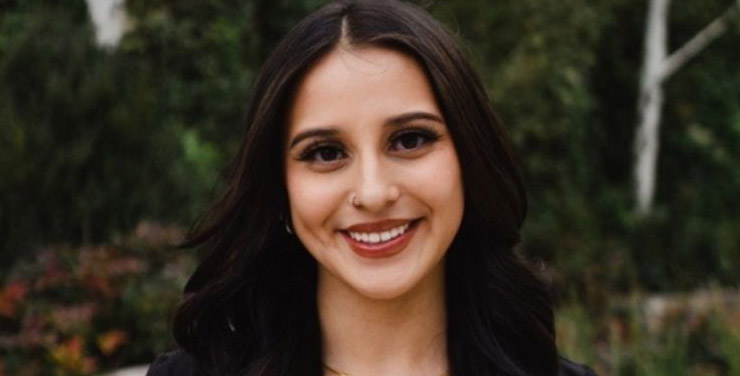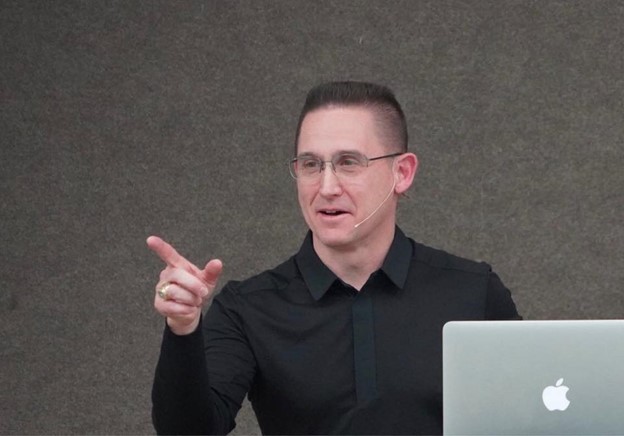
Dr. Eric Spann sat down with Walton MBA Insider to discuss his experience as a healthcare consultant, how his time in the Walton MBA program has empowered him to further pursue his passions, and what steps he takes to ‘do it all’.
Focusing on wellness, accountable care, and physician leadership, Spann is inspirational in his pursuit of personal integrity in both his professional and personal life. He is committed to demonstrating the principles of continued health and wellness that he teaches his patients, through his continued activism on the Physician Advisory Council, training for the latest Ironman Triathlon, and prioritizing quality time with his family.
MBA Insider: What are your responsibilities as a healthcare consultant with Transformation Health?
I am beginning healthcare consulting as a sideline to complement and transition from my full-time practice, medical directorship, and health system physician leadership responsibilities with Baxter Health System. In addition to taking care of patients of all ages, I do mission work in the developing world in the South Pacific. As medical director, I am responsible for medical policy, implementation, and leadership for a medical group of 20 providers and their practices. In physician leadership, I advise the CEO and clinic senior leadership on opportunities and pitfalls of rural outpatient medical services in a rapidly emerging market.
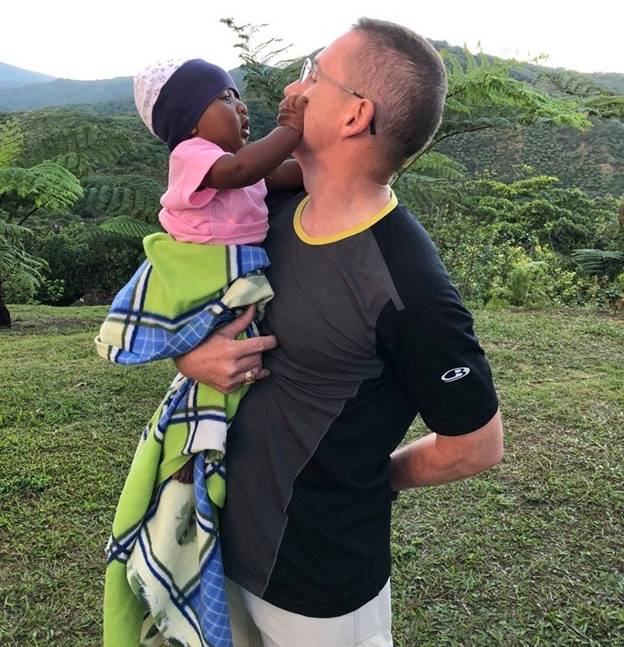
Why did you decide to pursue an MBA?
I’ve been in leadership for 15 years, and have always had an entrepreneurial spirit. I want to keep growing as I mature into the last half of life. An MBA seemed to be the next obvious step to help me develop some new mental muscles and learn the science of industry. Health care is the biggest industry in the United States, and I want to help shape medical care into health care. There isn’t enough money in the world to pay for the healthcare needs of the generations that will retire between 2020 and 2080, and I want to be part of the solution, in whatever way that I can.
Also, I wanted a real education, not an online simile and a piece of paper. I loved Sam Walton and all that he stood for in business. I’m no mathematician, but 2 + 2 still equals 4. Bingo! Sam M. Walton College of Business.
What has been the most transformative part of the program for you?
Corporate finance, hands down. It was like an entire new world of reality opened up to me in the first class with Dr. Jandik. For me, in healthcare leadership, it was analogous to that moment when Einstein understood that time, space, and matter were all interwoven. After that class, 70% of all that I had formerly been ignorant to regarding the way the world and business connect made a lot more sense.
How has the program elevated your skill set and/or enhanced your leadership abilities?
Networking and appreciating the input of others in teamwork has elevated my skill set. I’m the old guy in most of my classes, but I learn something new from the next generation(s) every time. Hopefully, I motivate the youngsters, too. I have enjoyed the push to study, read, and memorize, which has opened up old neurological channels that might have started to rust otherwise.
As an active participant in Ironman triathlons, how have you been able to balance work, school, family, and training?
You don’t get time for the things that matter, you MAKE time. If you wait to find time for those things they’ll always be just out of reach. Balance is that very difficult thing of getting all your priorities for today and the future lined up in harmony, while learning to say “no” to the things that don’t matter. Committing to big things gets you to clarify your priorities rather than decide upon them.
Margin in my calendar has not been easy to come by, but my wife never stops helping me reign it in. We all get 24 hours a day, 168 hours a week. Thirty-two of those hours are disposable—and that’s a lot of time.
I made a choice on March 9, 2020, that whatever came during the pandemic, I was going to get fitter, lose a few nagging pounds, be stronger than before, and improve my mind and ability to serve. So I started an MBA, a YouTube channel, a podcast, and leveled my head. I’ve never regretted one minute of my exercise, study, or disciplined choices. But you have to make them daily, day-after-day, for years to get the results that only hard daily choices bring.
The triathlon was the outgrowth of being a doctor that focuses on health and longevity and trying to live what I preach. When I was 33, I lost 30 pounds and decided to stop being a hypocritical doctor with my diet and exercise. “Physician, heal thyself.” I found four things that I could do for the rest of my life that were scientifically proven to increase the quality and quantity of life. They went together as swim/bike/run. Boom. Triathlon (plus sensible resistance training).
My wife and I spend tons of time together and I get more sleep than is necessary. There is enough time to do all the things that you are supposed to do—with grace and margin.
What are your favorite topics to explore?
Leadership and resilience are my favorite study hobbies. When performance is on the line, everything descends from leadership, and performance is determined by resilience and habit. I love the works of John Maxwell, Jim Collins and Steven Covey because they put into words the difference in the company well led, and the life well-lived--according to principles. The podcasts and audiobooks I listen to are mostly from Chuck Swindoll and Adrian Rogers. I try to use those 32 disposable hours a week wisely by avoiding social media (except LinkedIn). We all should read about 10 times more and pick up those LED-lit masters of ours about 10 times less.

